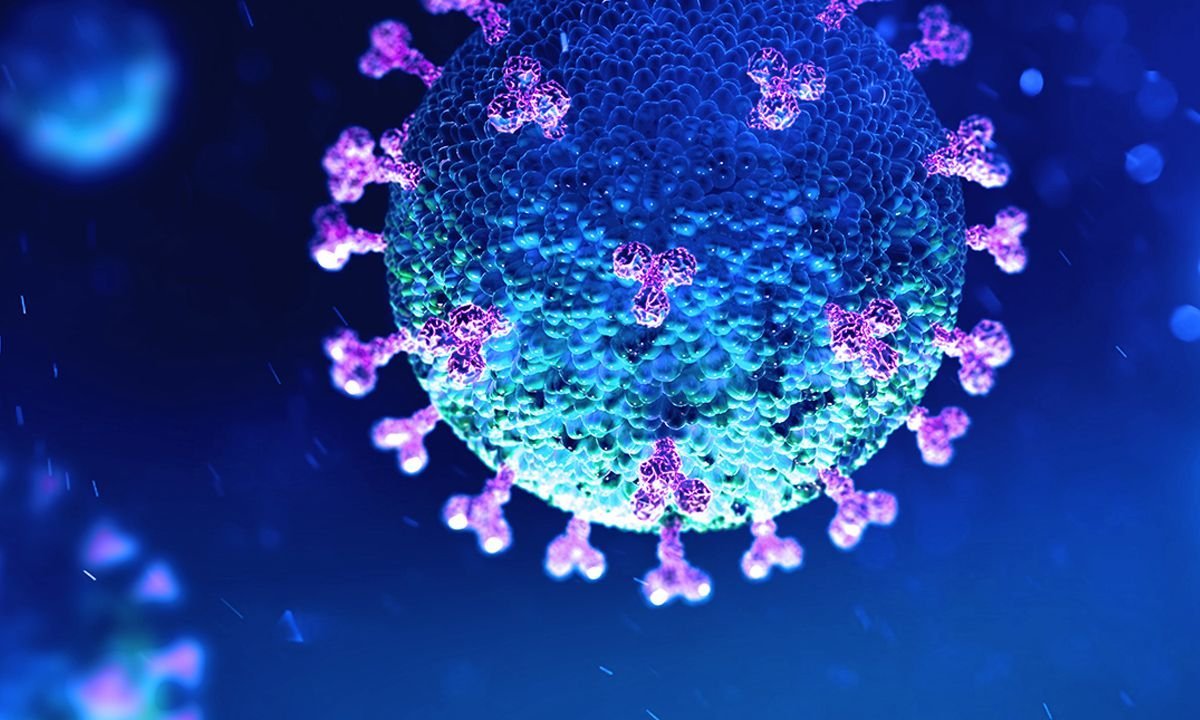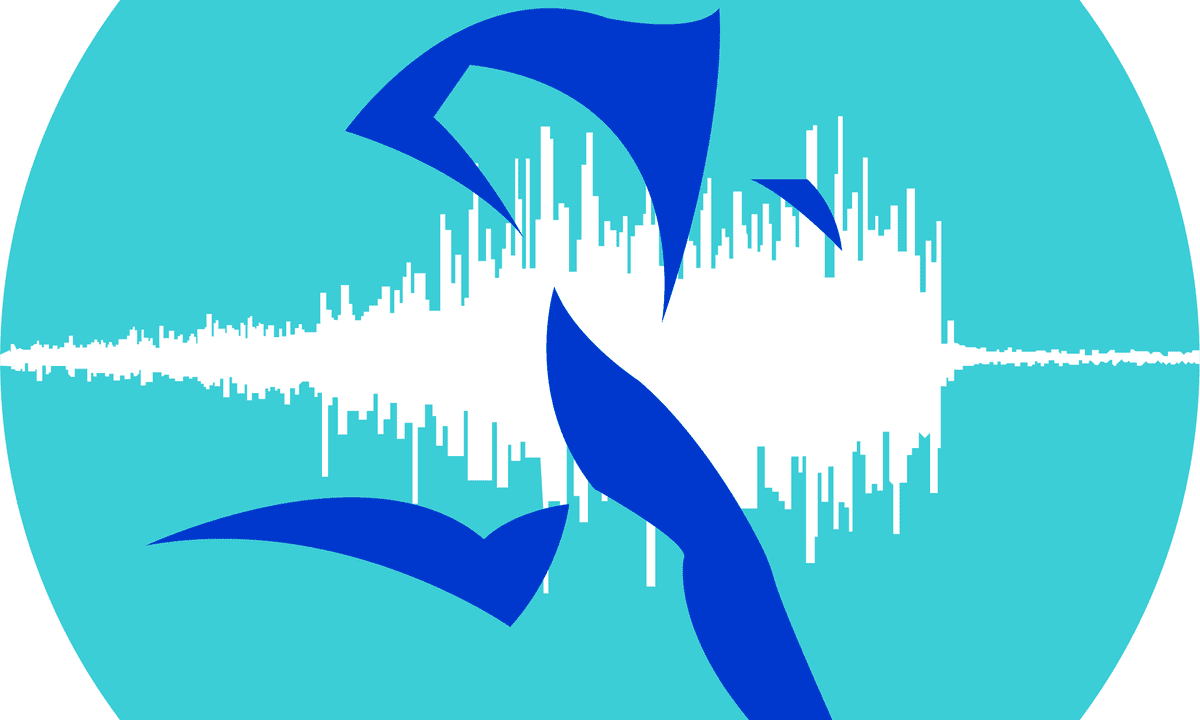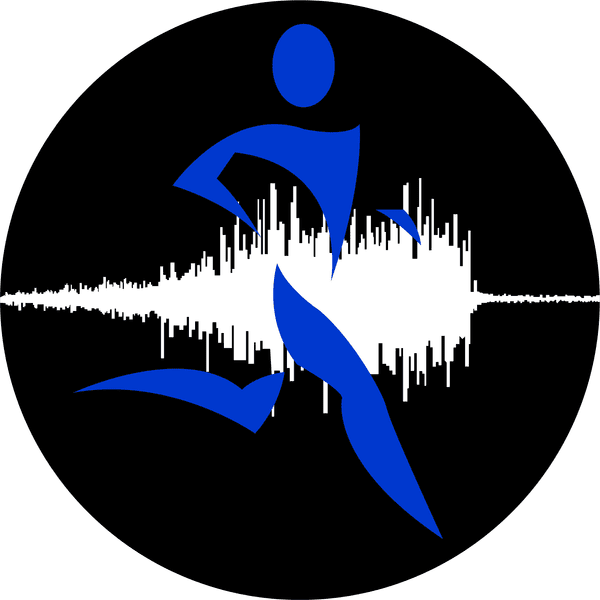GRATIS
University of Michigan vía Coursera
GRATISMovement Capabilities Depend on Neuromuscular Properties
Acerca de este curso
- Fatigue
- The first module in this course examines fatigue as an example of the types of adjustments in neuromuscular activity that can be observed during physical activity. The module emphasizes the distinction between fatigue and fatiguability, distinguishes two domains of fatiguability, and provides examples of performance characteristics that influence both fatigue and fatiguability.
- Strength Training
- The second module in this course focuses on strength training as an example of the adaptations in neuromuscular function that can be elicited with training interventions. The module describes a range of training protocols and loading techniques that can be used to increase muscle strength and the types of adaptations in neuromuscular function that are responsible for the strength gains.
- Aging
- The third module in this course discusses the adaptations in neuromuscular function that occur during healthy aging. Although many attributes of physical function decline with advancing age, there is huge variability in these changes among older adults. The module examines the types and functional consequences of the adaptations exhibited by older adults.
- Recovery After Nervous System Injury
- The final module in this course evaluates the recovery capacity of the central nervous system after it has been damaged. We distinguish between the changes that occur in the peripheral and central nervous systems and discuss the rehabilitation strategies used to improve neuromuscular function in three clinical conditions.
Cursos relacionados

GRATIS Aprendiendo a aprender: Poderosas herramientas mentales…
Deep teaching solutions
Español

GRATIS Programación para todos (Introducción a Python)
University of Michigan
Inglés

GRATIS The Science of Well-Being
Yale
Inglés

GRATIS Negociación exitosa: Estrategias y habilidades esenciales
University of Michigan
Inglés

GRATIS Primeros Auxilios Psicológicos (PAP)
Universitat Autónoma de Barcelona
Español



